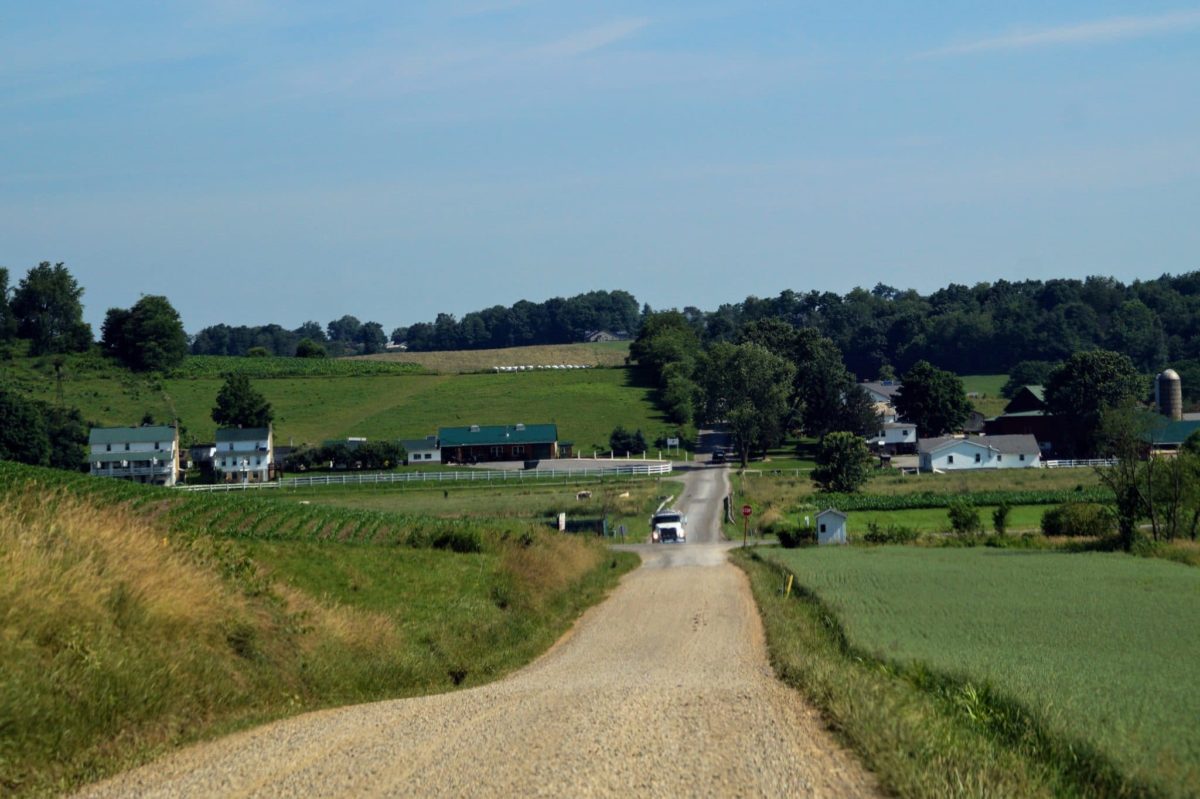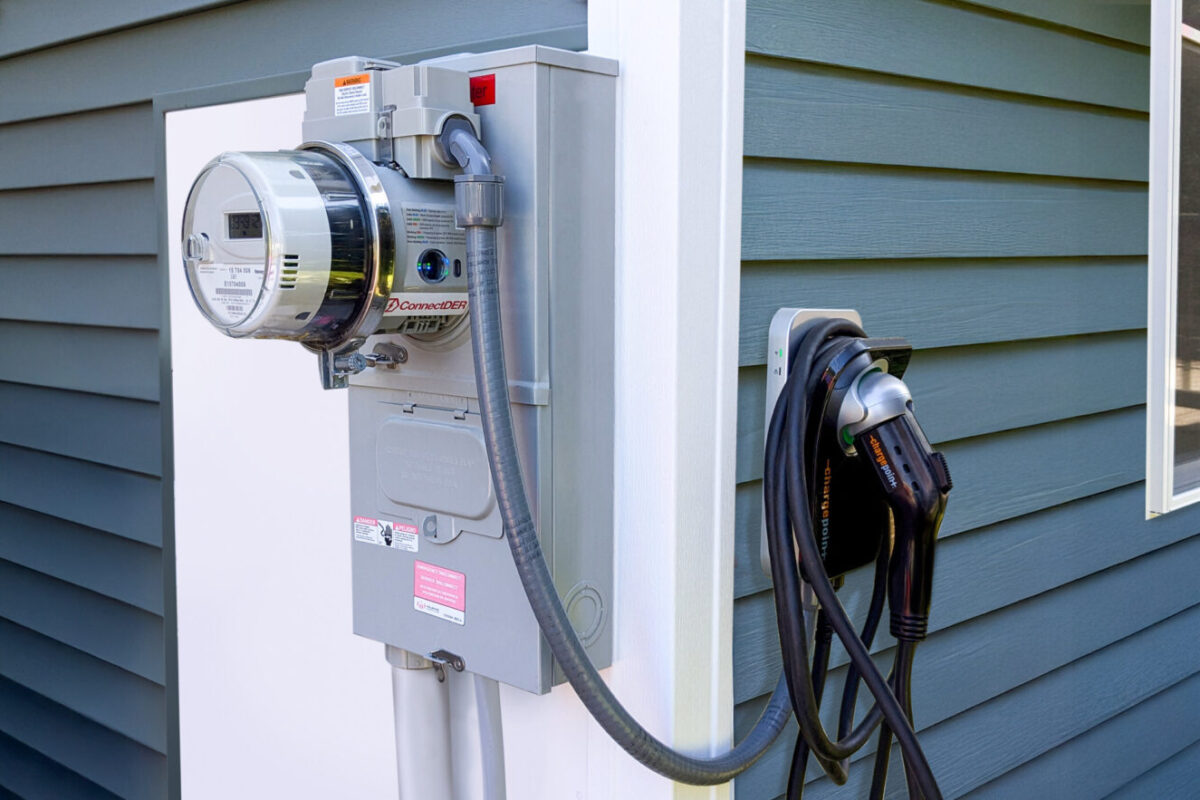From pv magazine USA
Food and commercial crops that grow outside can soak up sunshine in order to grow. But move those same plants indoors as part of so-called “controlled-environment agriculture” and the associated energy costs can make all but the highest-margin crops prohibitively expensive.
That’s because in a greenhouse or plant factory, up to 60% of operating costs can go to energy, while about half of that goes to lighting. And, because the grid still is not decarbonized, fossil-based electricity sources wind up making controlled environment agriculture something less than green.
In an effort to address provide a low-carbon and affordable source of electricity, Arcadia Power has entered into a partnership with global indoor farming company Freight Farms. Customers who use Freight Farms’ hydroponic shipping container farms can opt for 100% clean energy using Arcadia’s clean energy subscription service.
For Arcadia, the Freight Farms partnership represents a new market as 99% of its business up to now has been in residential solar. The company was founded in 2015, and its load aggregation platform integrates with more than 100 utilities in all 50 states.
“Finding a clean energy source [for our farmers] has been a mission for the company,” said Rick Vanzura, Freight Farms’ CEO.
Electricity use accounts for a whopping 96% of one of its Greenery shipping container farm’s carbon footprint. In agriculture, soil health, water conservation, transportation miles and power usage all are big sustainability issues.
“We solved three of them,” Vanzura said, noting that soil health is improved through the use of containerized hydroponics, which also requires around 99% less water than traditional farming. And because the containerized farms are typically operated onsite, transportation miles add up to only a fraction of those logged by traditional farming operations.
It’s the fourth sustainability issue—electric power—that Freight Farms and others in indoor farming industry have not been able solve adequately, despite energy efficiency strides in LED arrays and cooling systems.
Freight Farms said that its latest vertical hydroponic intermodal farm model, the Greenery, achieves carbon-neutrality in irrigation and transportation, and that LED arrays and cooling systems are responsible for most of a farm’s electricity draw.
Vertical farming
To see how the carbon footprint profile would stack up under the new partnership with Arcadia, Freight Farms conducted a life cycle analysis (LCA) on lettuce grown in its Greenery shipping container farm versus lettuce grown on a conventional farm in California’s Salinas Valley.
Freight Farms said that it was able to reduce a Greenery shipping container farm’s carbon footprint by 87% against its usual operating model.
The ability to let its farmers opt-in to solar energy also yielded a 55% lower carbon footprint when compared with industrial farming on an industry-scale basis. For wind energy resources, the LCA showed that the Greenery’s carbon footprint fell 93% against its pre-Arcadia operating model and 75% against industrial farming on an industry-scale basis.
Freight Farms’ shipping container farms are compatible with solar. However, the size of the solar array needed to provide the roughly 170 kWhr of electricity required to power a farm each day is impractical for many of customers, said Jake Felser, head of engineering.
And because Freight Farms’ customers include schools, universities, hospitals and other non-profits like food banks and community organizations, investing in solar pv can present an economic challenge.
As a result, in states where customers can take advantage of community solar and virtual net metering, subscribing to Arcadia’s service can reduce the containerized farm’s monthly electricity bill.
This content is protected by copyright and may not be reused. If you want to cooperate with us and would like to reuse some of our content, please contact: editors@pv-magazine.com.



2 comments
By submitting this form you agree to pv magazine using your data for the purposes of publishing your comment.
Your personal data will only be disclosed or otherwise transmitted to third parties for the purposes of spam filtering or if this is necessary for technical maintenance of the website. Any other transfer to third parties will not take place unless this is justified on the basis of applicable data protection regulations or if pv magazine is legally obliged to do so.
You may revoke this consent at any time with effect for the future, in which case your personal data will be deleted immediately. Otherwise, your data will be deleted if pv magazine has processed your request or the purpose of data storage is fulfilled.
Further information on data privacy can be found in our Data Protection Policy.